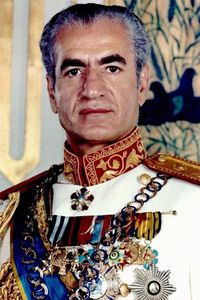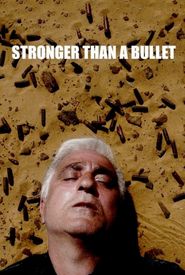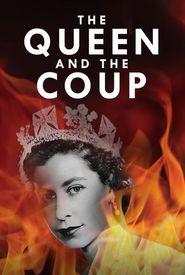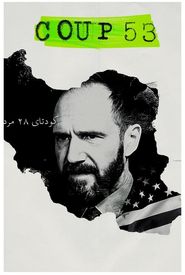Mohammad Reza Pahlavi, the last Shah of Iran, ruled the country from 1941 until his overthrow in 1979. He was educated in Switzerland, where he was exposed to Western ideas, and was familiar with the concept of democracy.
In 1941, Britain and the USSR occupied Iran, forcing Reza Shah the Great to resign in favor of his son, Mohammad Reza. The young Shah became a key ally of the West in the Middle East, and his country's vast oil reserves made him a dominant figure in the region.
Under Mohammad Reza's rule, Iran became a one-party state, with the Shah holding absolute power. He implemented significant reforms, including the abolition of large estates and the redistribution of land to over six million small farmers. This was known as the "White Revolution".
The Shah also took steps to increase suffrage for women and to promote economic growth. However, his autocratic rule led to increasing opposition, particularly from conservative Muslim groups. In 1979, the Shah and his family fled Iran, fearing a civil war.
In their absence, conservative Muslims, led by Ayatollah Khomeini, who had returned from exile, staged a revolution and abolished the monarchy. The new government established an Islamic Republic, which was marked by conflict and instability, including an eight-year war with Iraq.
Mohammad Reza Pahlavi spent the final year of his life in exile, seeking a temporary residence. He was welcomed by President Anwar Sadat of Egypt and remained there until his death on June 27, 1980. He is buried at Al-Refai Mosque in Egypt.



















